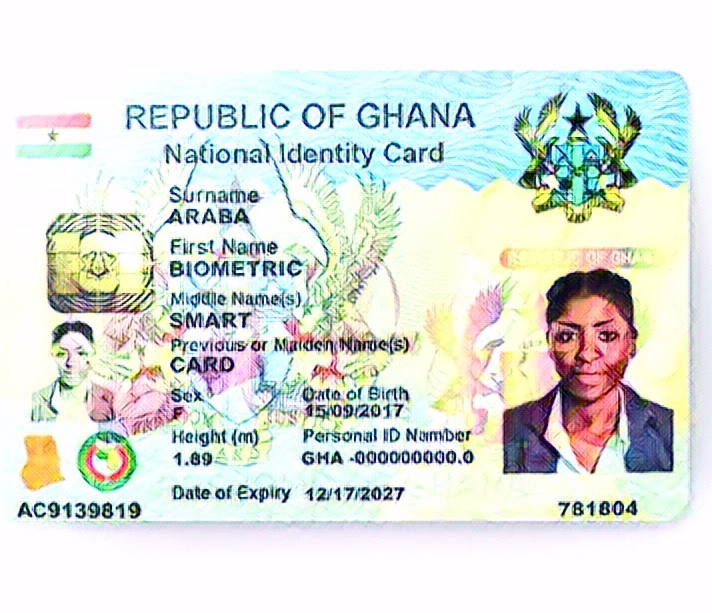Ghana is set to launch a digital version of its universal national ID card, the Ghana Card, in 2024, according to the Chief Executive Officer of Margins ID Group, Moses K. Baiden. He revealed this in an interview with Techfocus24, a news site focused on tech news.
The digital ID card will complement the physical card, which has been issued to over 85% of Ghanaians aged 15 and above since 2018. The Ghana Card is a multi-purpose identification card that serves as proof of identity, citizenship, and residence. It also has applications for travel, banking, health, education, and social security.
Baiden explained that the digital ID card will be a replica of the physical card, with all the information on the chip, including a bar/QR code that can be scanned from the phone screen for various purposes. He said that the electronic ID profile is already on the card and will be activated in 2024.
To access the digital ID card, users will need to download an app that will write the information on the Ghana Card’s chip onto the chip/SIM card in their mobile phone. The app will also generate a digital ID card on the phone, which can be used as a backup or alternative to the physical card.
Baiden said that the digital ID card will offer convenience and security to users, as they will not have to carry the physical card everywhere or worry about losing it. He added that the digital ID card will also enable online verification of identity using a “near-field communication” device also designed and developed by Margins.
Margins ID Group is a locally-owned company that has been contracted by the National Identification Authority (NIA) to design and develop the Ghana Card and its related systems. Baiden said that Margins has invested over $1.5 billion in the project and has saved the state from spending the same amount on data collection by various state institutions.
He said that the Ghana Card has 18 segments, including a debit application that can be used for payments when activated. He noted that activating all the segments is expensive and requires legislation and funding from the government.
Baiden also compared the Ghana Card project with the recent announcement by Kenya that it will provide citizens with digital ID cards but no physical cards. He said that he does not think it is a good idea for a developing country, as it limits the benefits of the ID system and does not cover all use cases. He said that not everyone has a phone and the infrastructure to read the digital ID is not available everywhere yet.
He stressed that the physical card is still necessary, as it can be used for biometric checks, both online and offline, using NFC card readers that can read all profiles on the Ghana Card. He said that the card readers have a unique National PKI to identify even terrorists and other anti-social characters.
Baiden said that the Ghana Card is the master key to Ghana’s development, as it enables precise and effective planning and delivery of services to the people. He said that the card also ensures that no citizen or resident is left behind, as it serves as proof of identity, citizenship, and residence.
He expressed optimism that the Ghana Card project will revolutionize the country’s social and economic landscape and position Ghana as a leader in digital innovation in Africa.
Source: Peacefmonline.com




